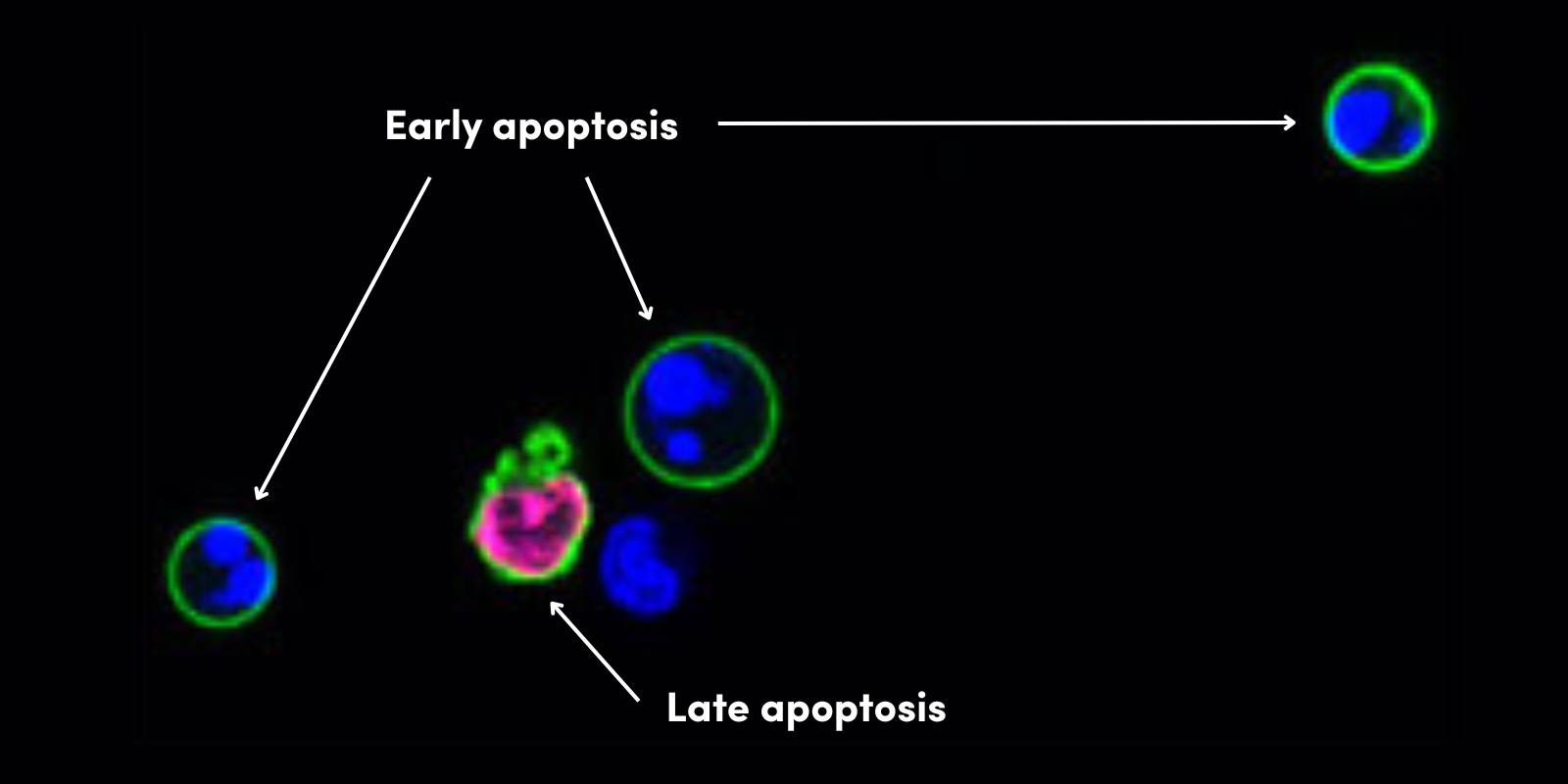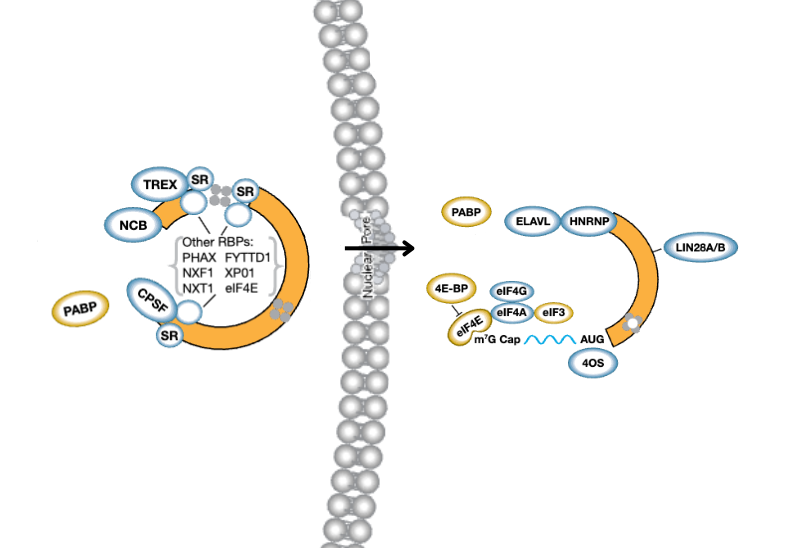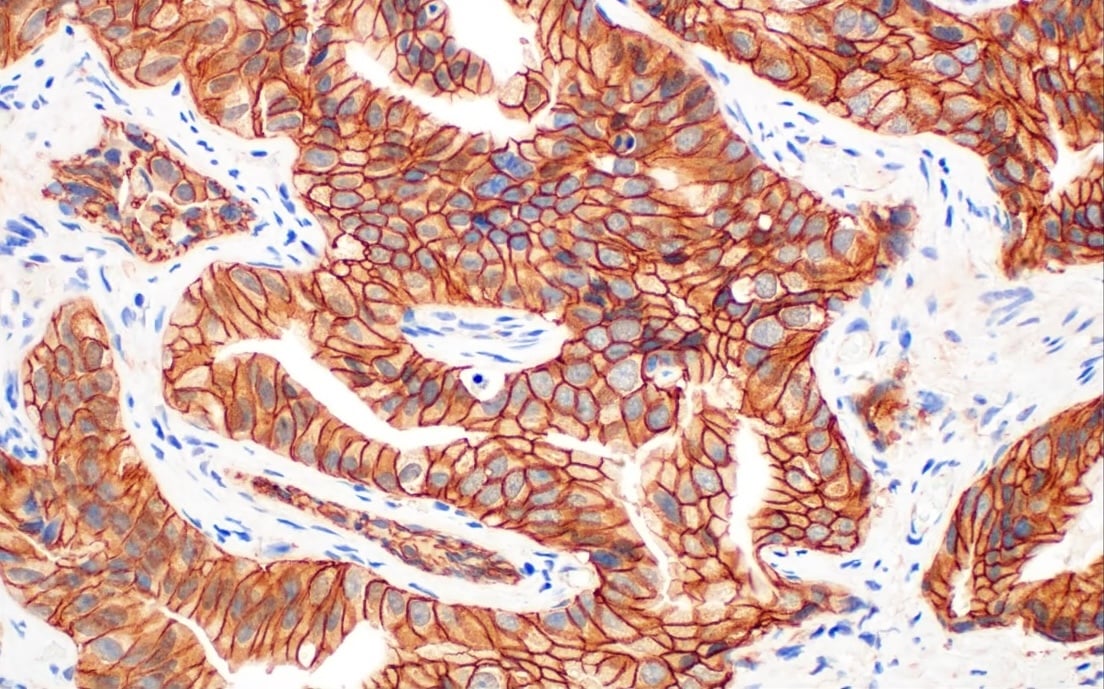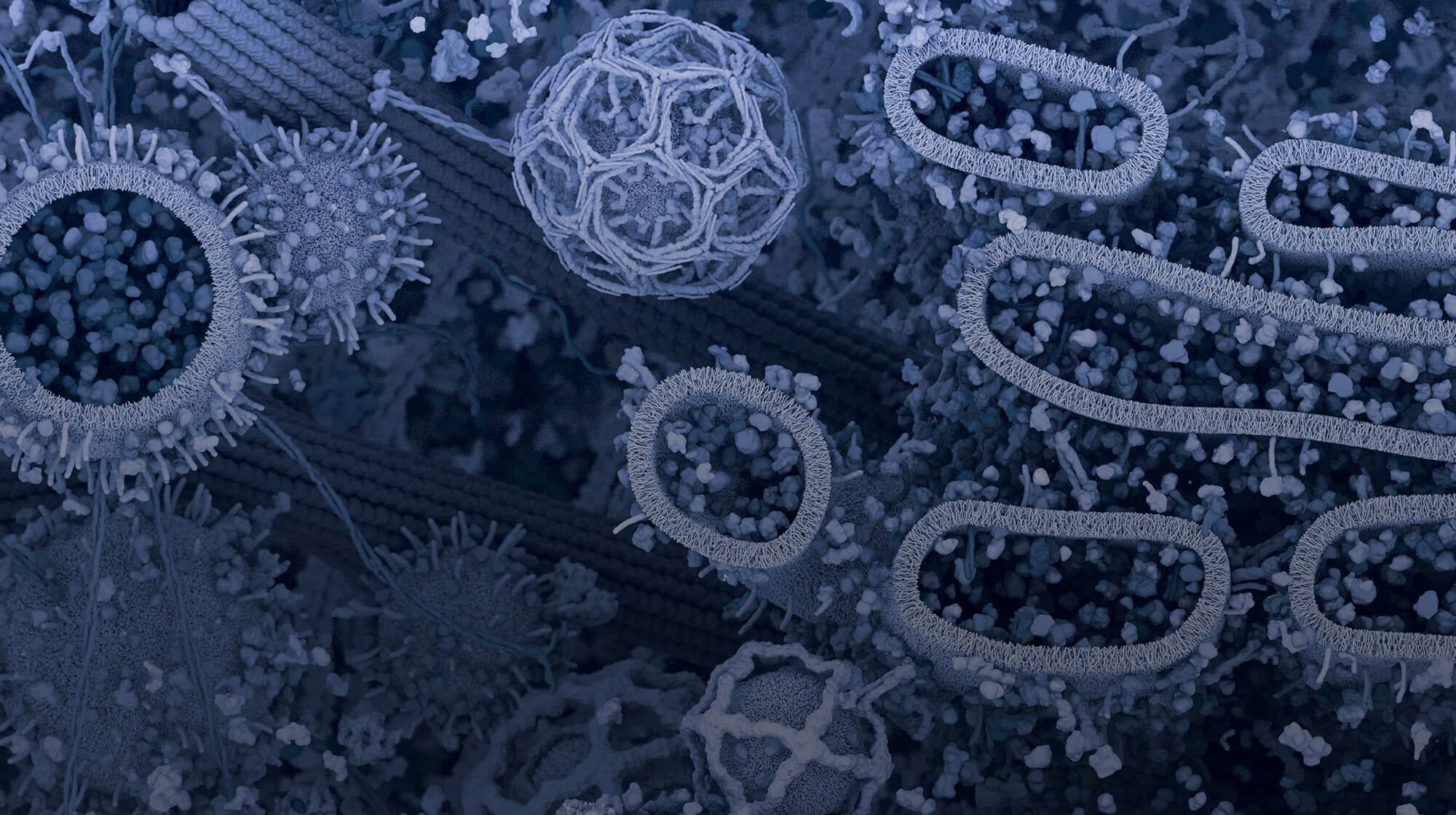You’re at an impasse. Maybe you’re embarking on a new research project, or your current project has led you in an unexpected direction. You know that there’s a specific pathway you need to investigate further, but where should you begin? You don’t have the luxury of ordering an antibody against every protein in a pathway, and even if you could, you simply do not have the time to properly evaluate them all. How should you go about narrowing the scope of your discovery efforts? It sounds like you need an antibody sampler kit.
A sampler kit can save you a lot of time and energy by offering smaller, trial size antibodies against key proteins from a specific pathway. This saves the waste of purchasing large quantities of antibodies you won’t actually need, and helps you focus on the most likely targets, curated by research area experts.
For example, consider the innate immune system, which uses a variety of germ-line encoded pattern recognition receptors (PRRs) to detect conserved pathogen-associated molecular patterns (PAMPs). The detection of PAMPs leads to the activation of various innate immune signaling pathways that initiate an immune response to the pathogen.
The Innate Immunity Activation Antibody Sampler Kit was designed to allow a researcher to survey which innate immune pathways are activated following cells exposure to a given pathogen or PAMP. Maybe the Toll-like Receptor pathway, the STING pathway, or Inflammasome signaling pathway is most important for you to investigate. This provides you the tools to know for sure. The kit contains phospho- and total antibodies for targets that are key nodes of activation in the major innate immune signaling pathways. It also contains cleaved IL1b, which serves as a readout for inflammasome pathway activation.
Another good example is the Epithelial-mesenchymal transition (EMT) process. EMT is an essential process during development whereby epithelial cells acquire mesenchymal, fibroblast-like properties and display reduced intracellular adhesion and increased motility. However, this is just one type of EMT.
This process is also employed for wound healing. The EMT program is initiated via inflammation and the epithelial cells transition to mesenchymal cells. The mesenchymal cells actually move to essentially “fill in” the wound. Fibrosis then occurs when there is chronic inflammation and the EMT program for wound healing is not shut off, resulting in scarring and thickening of the affected tissue, which can interfere with normal organ function.
The third type is probably the most well-known EMT process, as it is associated with cancer. It is not currently clear what induces EMT in cancer. Unlike EMT in normal development where the goal is to go from epithelial cell to mesenchymal cell and there are clearly defined endpoints, tumor cells tend to exist in hybrid epithelial/mesenchymal states or phenotypes.
The Epithelial-Mesenchymal Transition (EMT) Antibody Sampler Kit was designed to help researchers answer questions like: Is protein X affected by EMT in the progression of cancer? or Does protein X play a role or affect EMT in cancer? It includes a mixture of both epithelial and mesenchymal markers, as well as transcription factors for both. This gives researchers the transcription factors responsible for turning on epithelial and mesenchymal marker genes. The kit can help you also help you determine if fibrosis is occurring.
If you find yourself at an impasse — trying to select antibody targets from a pathway or trying to find subsequent pathways to investigate — don’t waste your precious time stressing over the choices. Instead, browse our selection of sampler kits. There are hundreds of curated antibody sets to help you answer the big questions and refocus your efforts. Browse the full line of sampler kits. One of them might help you.





